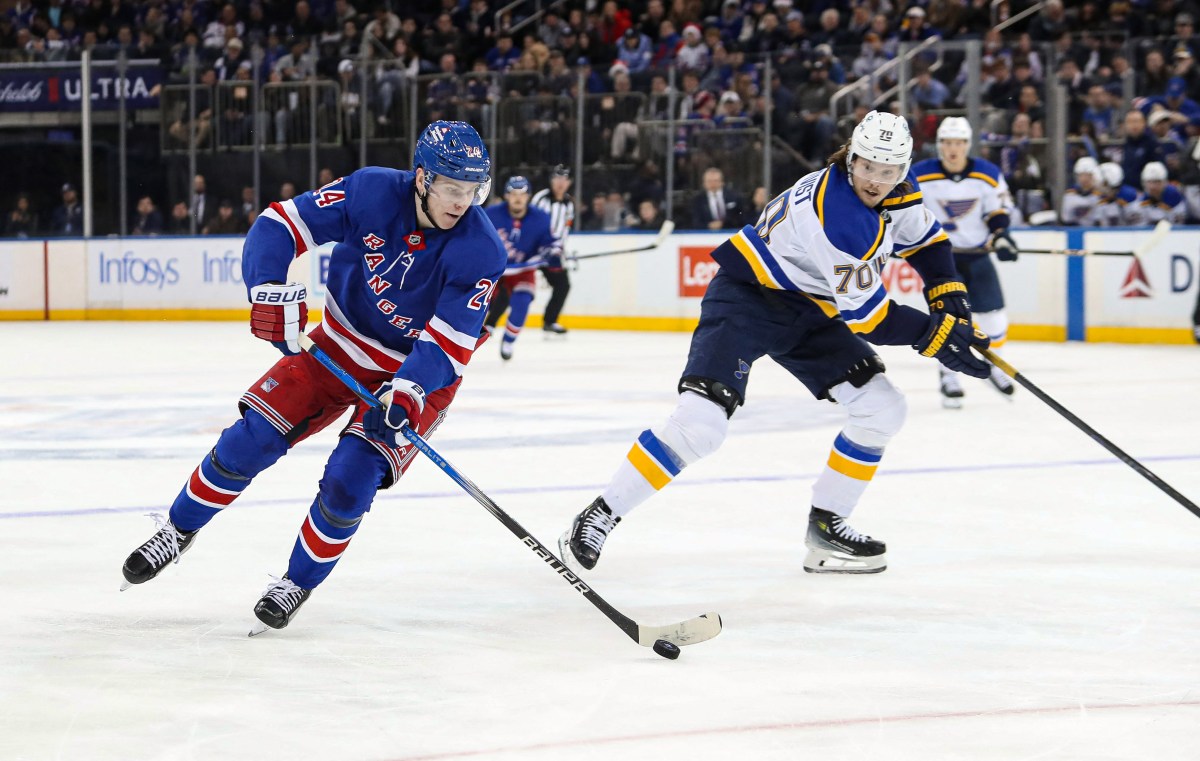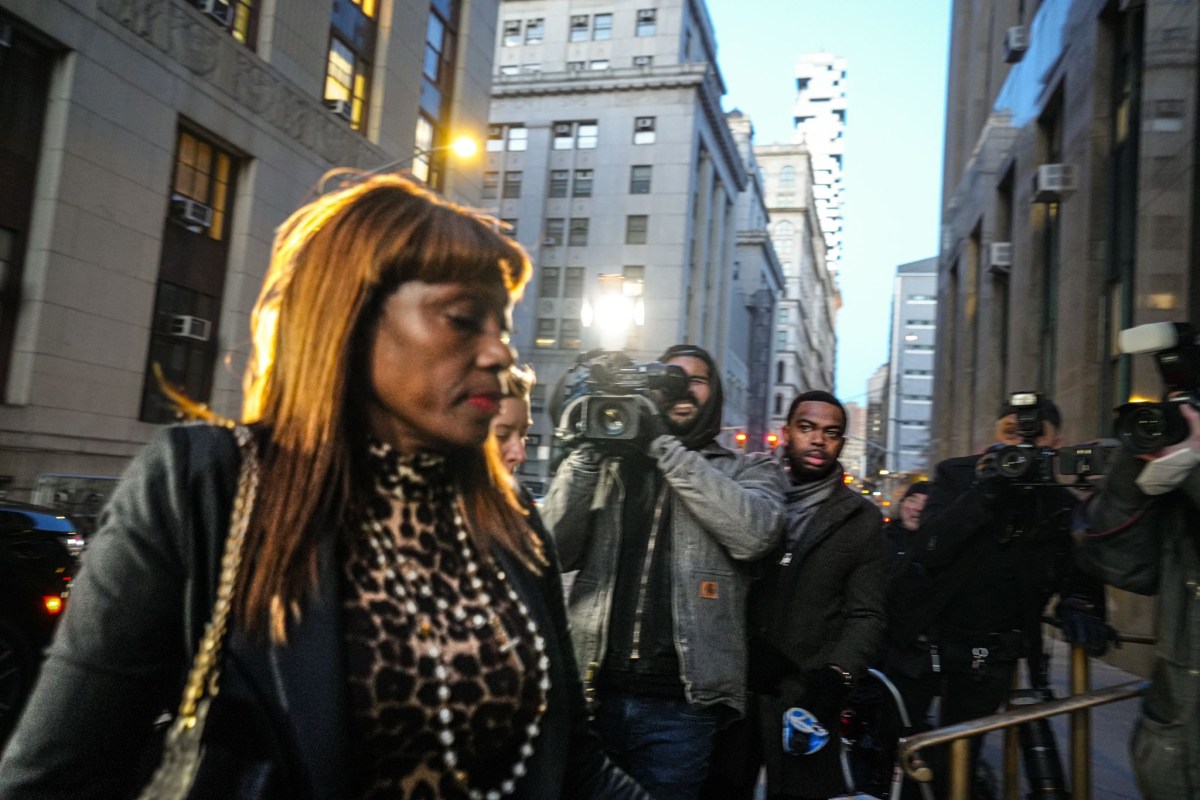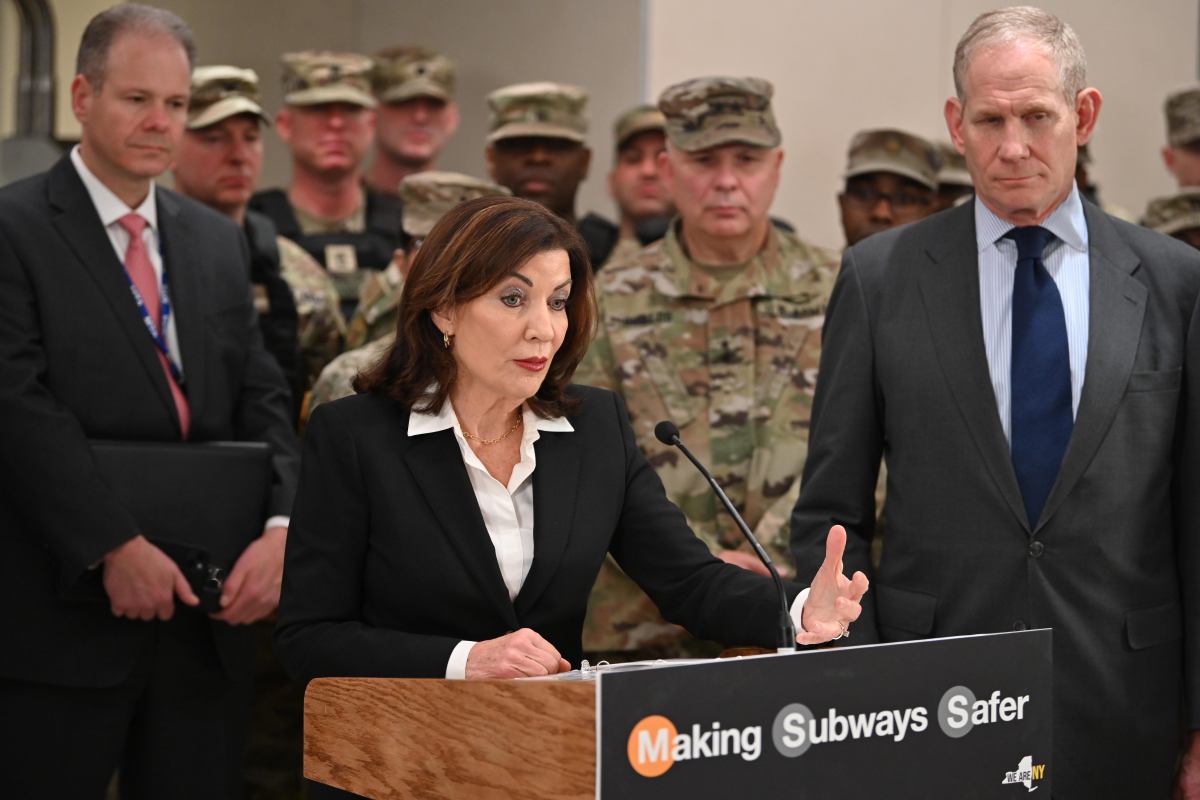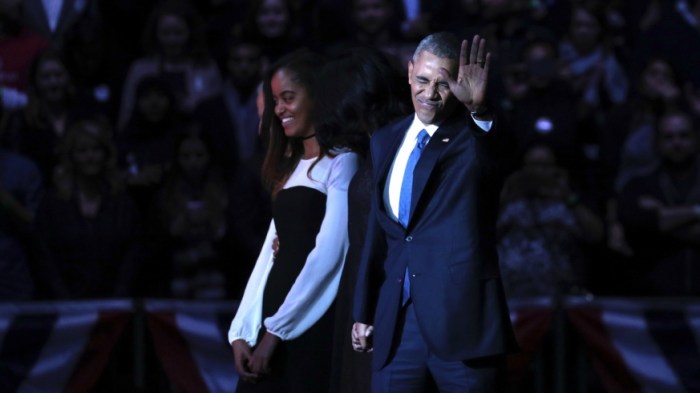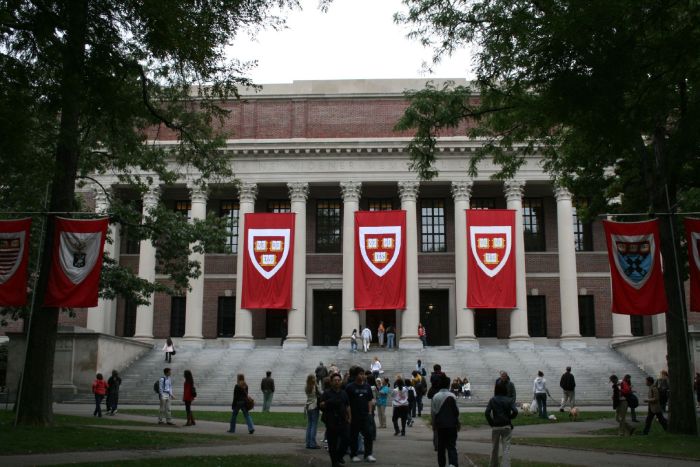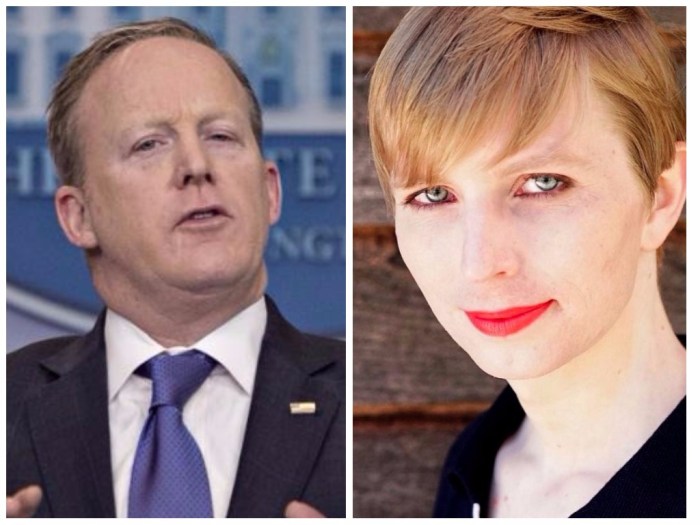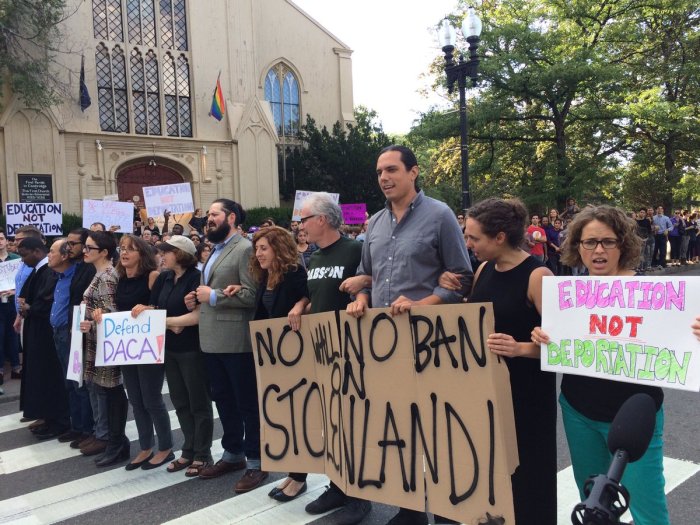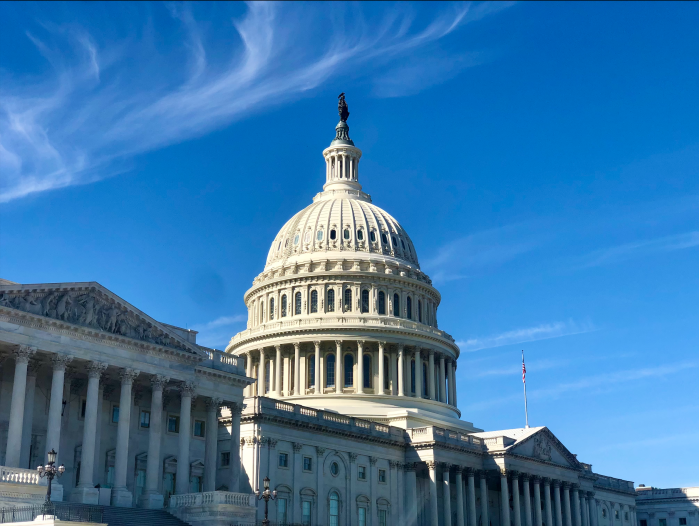Harvard’s striking dining hall workers entered their second week on the picket line and their walk-out has sparked a related protest: students are complaining that they’ve been served unsanitary food. Students have reported raw meat, meat in vegetarian dishes, cling wrap and tinfoil stuck to their food and dirty vegetables, according to the Harvard Student Labor Action Movement (SLAM).
SLAM is a student group that says it is fighting alongside workers for justice not just at Harvard but throughout Boston.
“There are really two Harvards—one for the elites that run our university, and one for the workers who labor here every day,” the group proclaims on its website. Students are calling on Harvard administrators to end the food service workers strike because food quality is deteriorating in dining halls across campus, according to SLAM.
When dining hall workers announced their decision to strike, workers and students said they noticed the university stockpiling frozen food, according to the Harvard Crimson. Without the expertise of the experienced Harvard University Dining Service (HUDS) workers, the campus is also serving food that is unsafe for their dietary restrictions, students say.
“I am vegan mostly because I am allergic to dairy (casein allergy, not lactose intolerance). My experience in the dining hall since the HUDS workers went on strike has been difficult,” Hanon McShea, a junior at Harvard, wrote online. “The people staffing the dining halls don’t look out for me like HUDS workers do, nor do they have the expertise of HUDS workers,” she continued. “I haven’t been able to eat much of the hot food because it’s not labeled and no one has known when asked whether the food is safe for me or not. Some have provided false information. I miss HUDS! When Harvard disrespects its workers, it disrespects its students too.” Harvard disputes claims that the campus is serving unsanitary food while dining hall workers strike.
“The food preparation and cooking process continues to be carried out by our professional culinary management team which has always been responsible for maintaining the highest levels of quality and safety,” read a statement issued by the university. “In addition, HUDS’ experts continue to work to ensure the university’s robust standards for food safety cleanliness.” Harvard asked for some community members to volunteer for shifts with the school’s dining services department while HUDS workers are on strike, according to emails obtained by the Crimson. Many students responded that they would support the strike by feeding HUDS workers out on the picket line.Martine Canfield, who has been a food service worker at Harvard Business School for four years, said that the undergrads have been very supportive, giving them snacks,sandwiches andcookies. “They’re verysympathetic,” Canfield said.”They love the people at the dining halls who take care of them. We are family.”
Following the announcement that the school was asking for volunteers, the Crimson published a letter to the editor signed by more than 30 professors denouncing the university’s move to ask Harvard employees who are not paid hourly or eligible for overtime to staff the dining halls during this time. “The potential for coercion seems obvious. Coercion can be subtle, especially for staff workers who are concerned about their own job security or promotion and therefore want to please their bosses,” the letter reads. “Asking people to come in from other parts of the university is an escalation comparable to a situation in which the union might intimidate people in the process of their crossing picket lines. Neither amounts to acceptable behavior.” HUDS workers launched their strike—the first at Harvard in 30 years—on Oct. 5 after UNITE HERE Local 26, the union that represents dining service employees, and the school failed to come to a contract agreement. They have been negotiating since May. “I think all of us here are extremely reasonable people,” Canfield said. “We’re not angry, we’re just puzzled that Harvard wouldn’t want to treat us fairly.”
The union is fighting for a minimum income of $35,000 and affordable health insurance. Harvard says that these employees currently earn an average of $21.89 per hour with top market benefits and that their compensation is nationally competitive. Because Harvard does not open its dining services in the summer, many HUDS workers go unpaid during those months. “We’re not greedy, we just want to keep our health care affordable and look out for our membership who don’t have any jobs in the summer,” Canfield said. “I think that’s reasonable to ask.”








